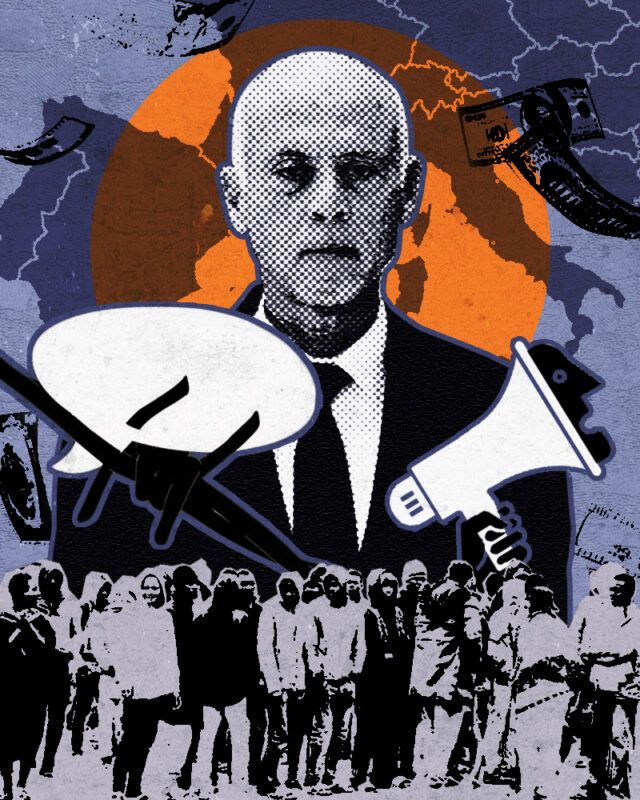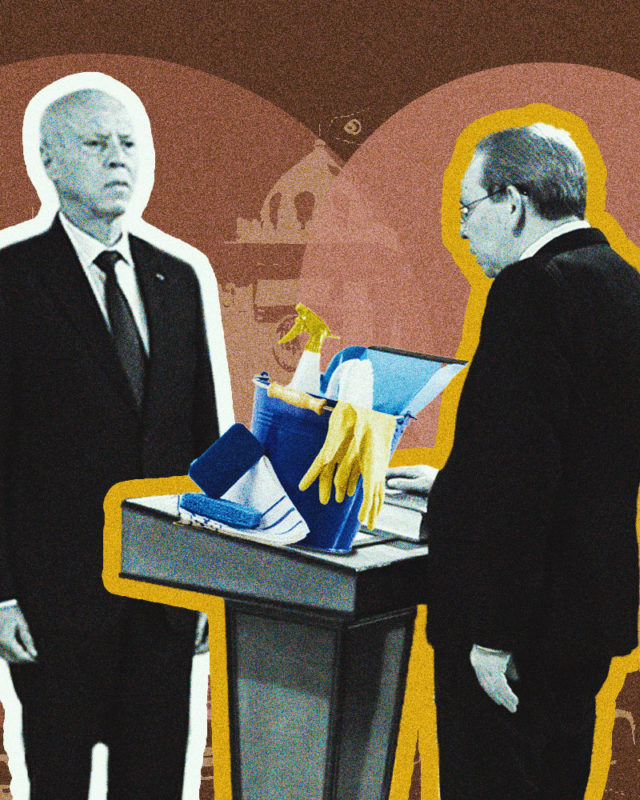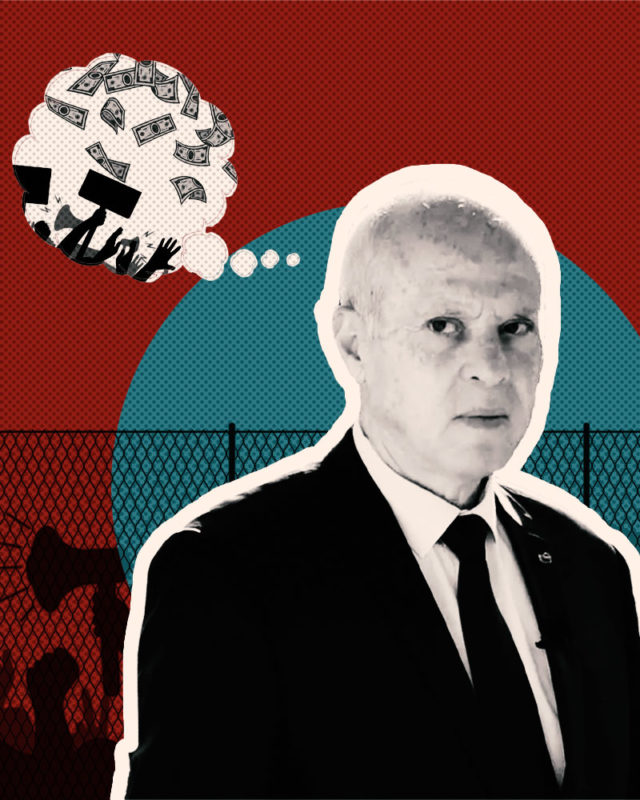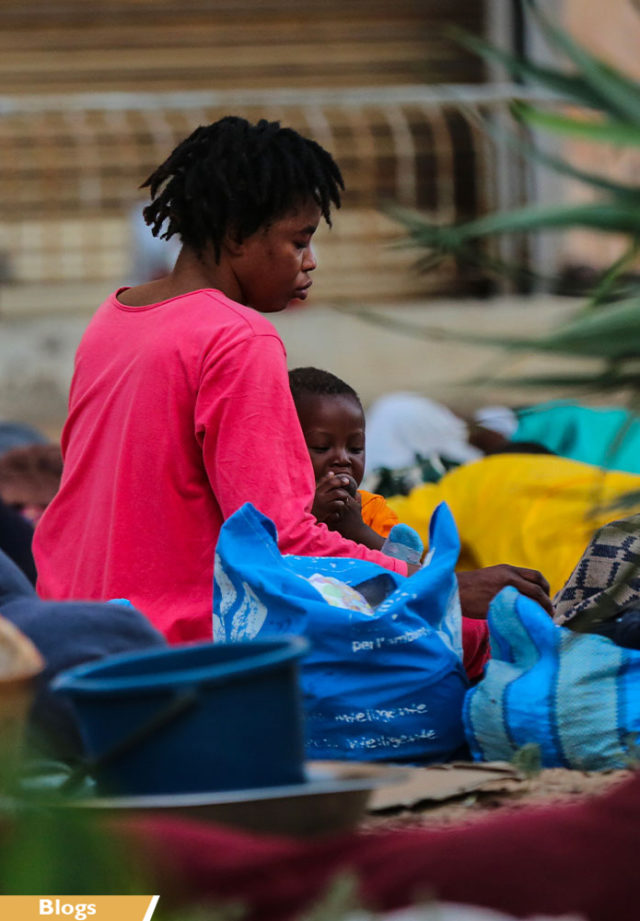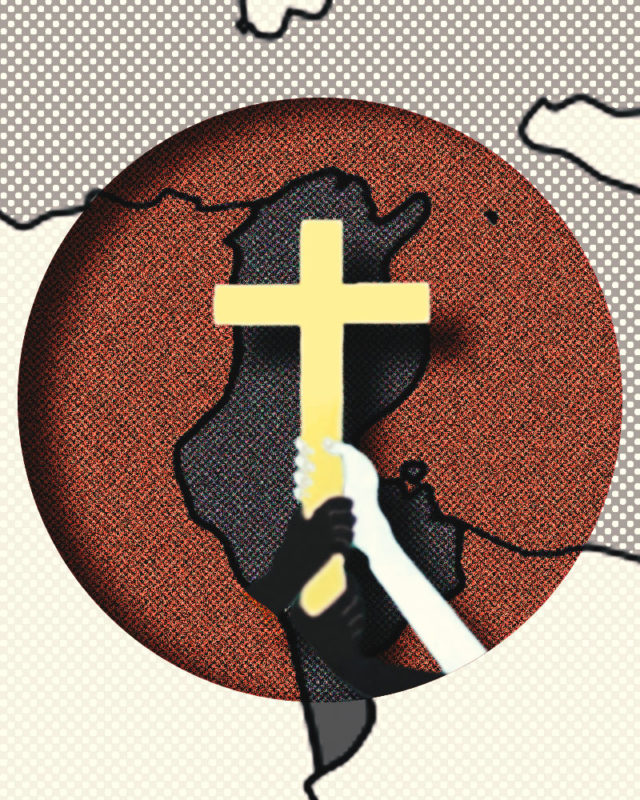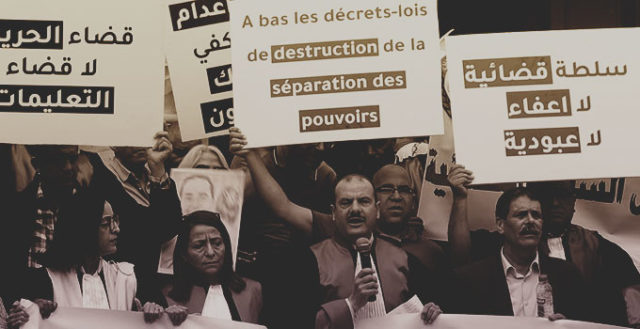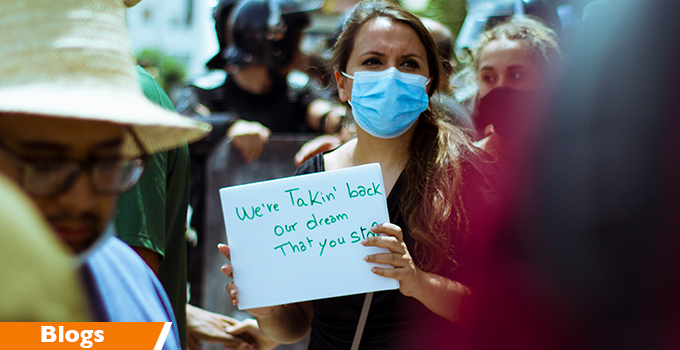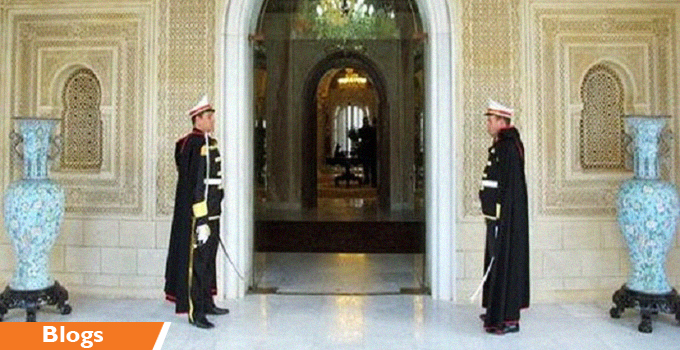When the Tunisian Republic was proclaimed on 25 July 1957, with Habib Bourguiba elected its first constituent president, long before the adoption of the constitution in 1959, the intention and spirit of the leaders were to give birth to a republican political system conferring the mandate of the head of state to the “Supreme Combatant” who had become the near-exclusive holder of power in the country. The First Republic rose up against the monarchy, and would henceforth be the regime of the new independent state. However, the people who had, according to Bourguiba, “reached a sufficient degree of maturity to assume the management of their own affairs” would first have to be guided in their choices by their zaïm-turned-raïs; liberator of the country and father of the nation. Democracy would have to wait.
